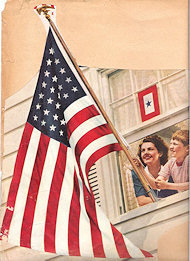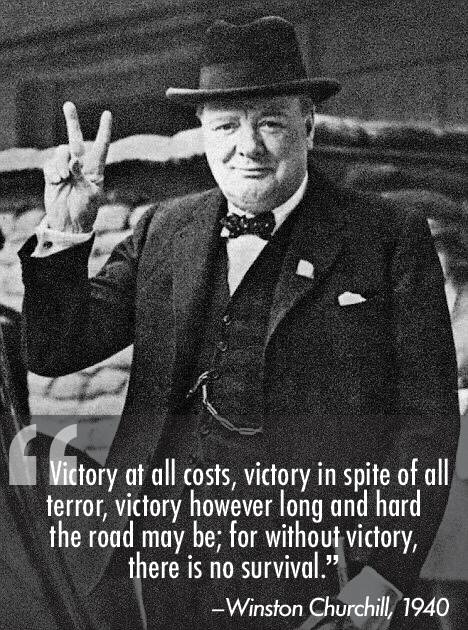Yesterday two NYPD police officers were gunned down. The families of Officer Rafael Ramos and Officer Wenjian Liu are understandably devastated, and the NYPD is justifiably angry. Meanwhile we have those who would step up and do their best to exploit this horrific tragedy for their own ends. Yes, you guessed it; cue Mr. Al Sharpton in his never-ending quest for the limelight. Alyssa Zauder at PIX 11 writes:
In a statement released Saturday night, Sharpton said he spoke with the Garner family regarding the shooting.
“Any use of the names of Eric Garner and Michael Brown, in connection with any violence or killing of police, is reprehensible and against the pursuit of justice in both cases,” the statement said. “We have stressed at every rally and march that anyone engaged in any violence is an enemy to the pursuit of justice for Eric Garner and Michael Brown… The Garner family and I have always stressed that we do not believe that all police are bad, in fact we have stressed that most police are not bad.”
“Most police are not bad.” That’s quite the backhanded compliment from Sharpie! I’m sure that makes every police officer feel all warm and fuzzy inside, right? Yeah, I didn’t think so. Especially since Al Sharpton has a history of saying just the opposite when it comes to discussing police officers. Exhibit One: The Tawana Brawley case. Good ole Sharpie was one of her attorney’s on the case. He named a cop and a local prosecutor as two of her attackers, accused without evidence veteran prosecutor Jack Ryan of kicking a blind man (Ryan was nowhere near that incident), and compared a State Attorney General to Hitler. Sadly for Sharpton, it was determined that the entire case was a hoax and Al Sharpton had his law license revoked. Stuart Stevens at The Daily Beast tells us that Sharpton is still clinging to his narrative:
The Times documentary shows a wild-eyed Sharpton responding indignantly to a reporter’s question of what proof he had of the policeman’s guilt: “I have Tawana Brawley’s words,” he sneers.
Instead of apologizing, Sharpton still asserts, a quarter century later, that he deserves credit for standing by the teen, asserting darkly in the Times documentary, “something happened.”
How about Exhibit B: The Freddy’s Fashion Mart tragedy. A dispute over rent turned into a racial dispute that escalated in part due to Al Sharpton’s involvement in furthering the protests. The protests began in August of 1995 and led to the tragic deaths of seven people on December 8, 1995 when the store was set on fire. To this day Al Sharpton claims he was only there to mediate and the anti-Semitic rhetoric on his radio show had nothing to do with what happened at Freddy’s that December night. And if you believe that, there’s some swampland in Siberia I can sell you.










Recent Comments